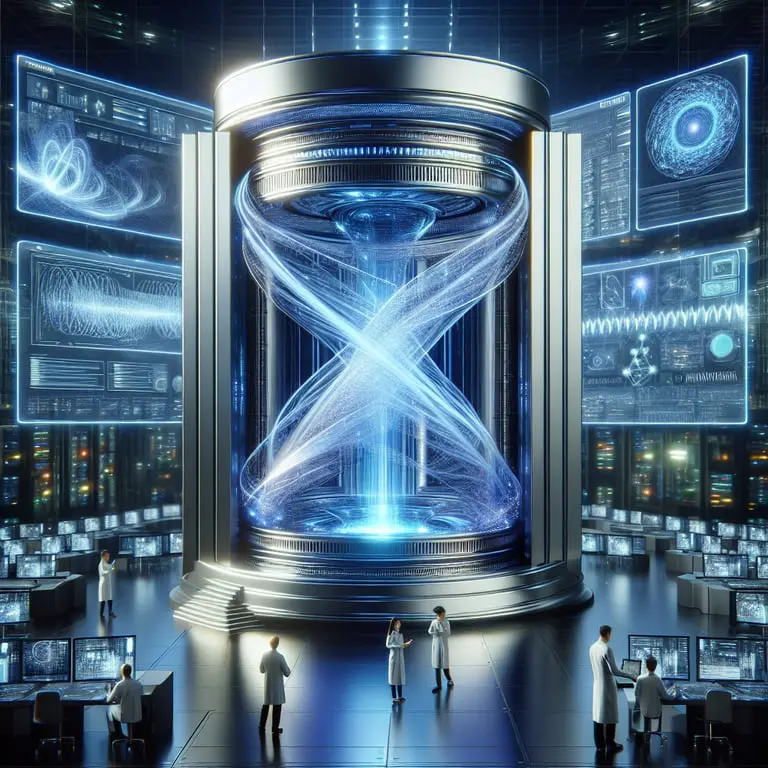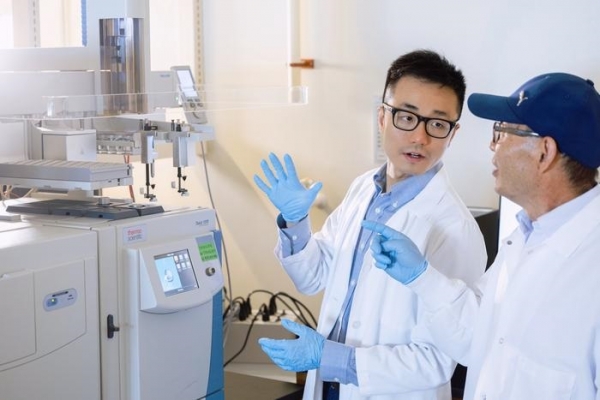Neuralink Raises $650 Million to Advance Brain-Computer Interface Technology
Neuralink, the brain technology startup founded by Elon Musk, announced on Monday that it has closed a $650 million funding round, signaling significant investor confidence in the company’s vision to bridge the gap between humans and machines.
The round attracted major investors including ARK Invest, Founders Fund, Sequoia Capital, Thrive Capital, and Lightspeed Venture Partners, among others. According to the company, the new funding will accelerate efforts to bring Neuralink’s technology to more patients and support the development of next-generation devices that “deepen the connection between biological and artificial intelligence.”
Neuralink is developing a brain-computer interface (BCI)—a system designed to decode brain signals and convert them into commands for digital or physical devices. The company’s flagship product, dubbed Telepathy, consists of 64 ultra-thin threads implanted directly into the brain. Each thread is finer than a human hair and is equipped with electrodes that can record neural activity, totaling 1,024 electrodes per device.
Initially, Neuralink’s goal is to assist individuals with severe paralysis in regaining autonomy. According to the company, five patients have already received implants and can now “control digital and physical devices with their thoughts.”
Neuralink is currently running four separate clinical trials to evaluate the efficacy and safety of the Telepathy system.
While brain-computer interfaces have been a focus of academic research for decades, Neuralink is one of several private firms now working to commercialize the technology. Other companies in the space include Synchron, Paradromics, and Precision Neuroscience. In fact, Paradromics announced on Monday that it had completed its first successful human implant of a BCI.
Neuralink’s future product roadmap remains under wraps, but Elon Musk has consistently shared bold visions for the company, including his personal willingness to receive an implant. One of the most ambitious goals he has outlined is restoring vision to people who are blind.
Neuralink has already received a “Breakthrough Device” designation from the U.S. Food and Drug Administration (FDA) for a device called Blindsight. This status is reserved for technologies that could significantly improve treatment for serious or life-threatening conditions.
In a post on his social media platform X (formerly Twitter), Musk claimed that Blindsight could eventually allow even those who have lost both eyes and their optic nerves to regain vision.
Despite these breakthroughs, Neuralink still faces regulatory, ethical, and technical hurdles before its devices can reach widespread use. Commercialization remains a long-term goal, but the latest funding round underscores continued optimism around the potential of brain-machine interfaces.









